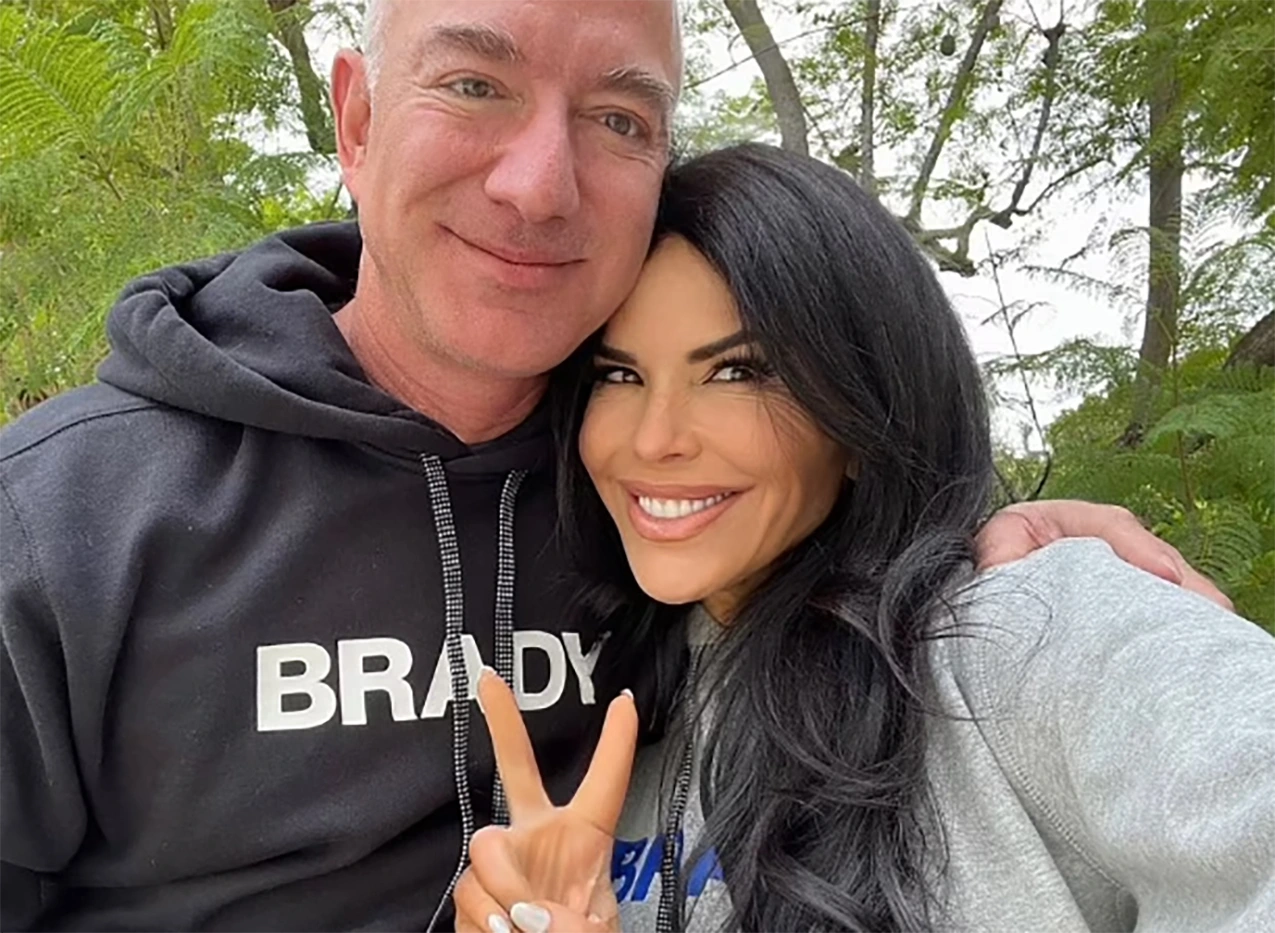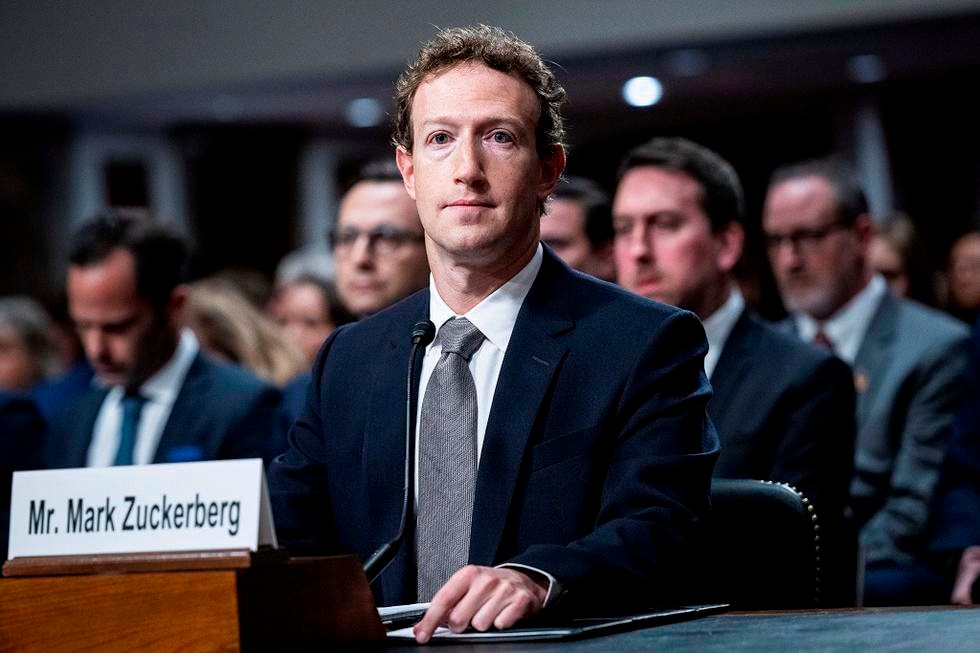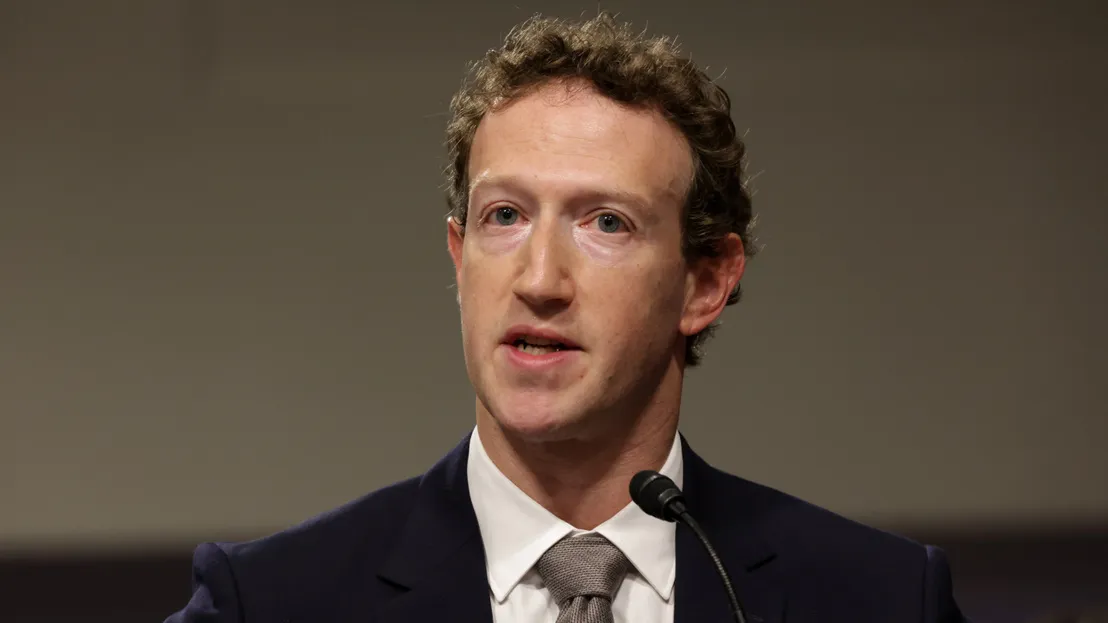
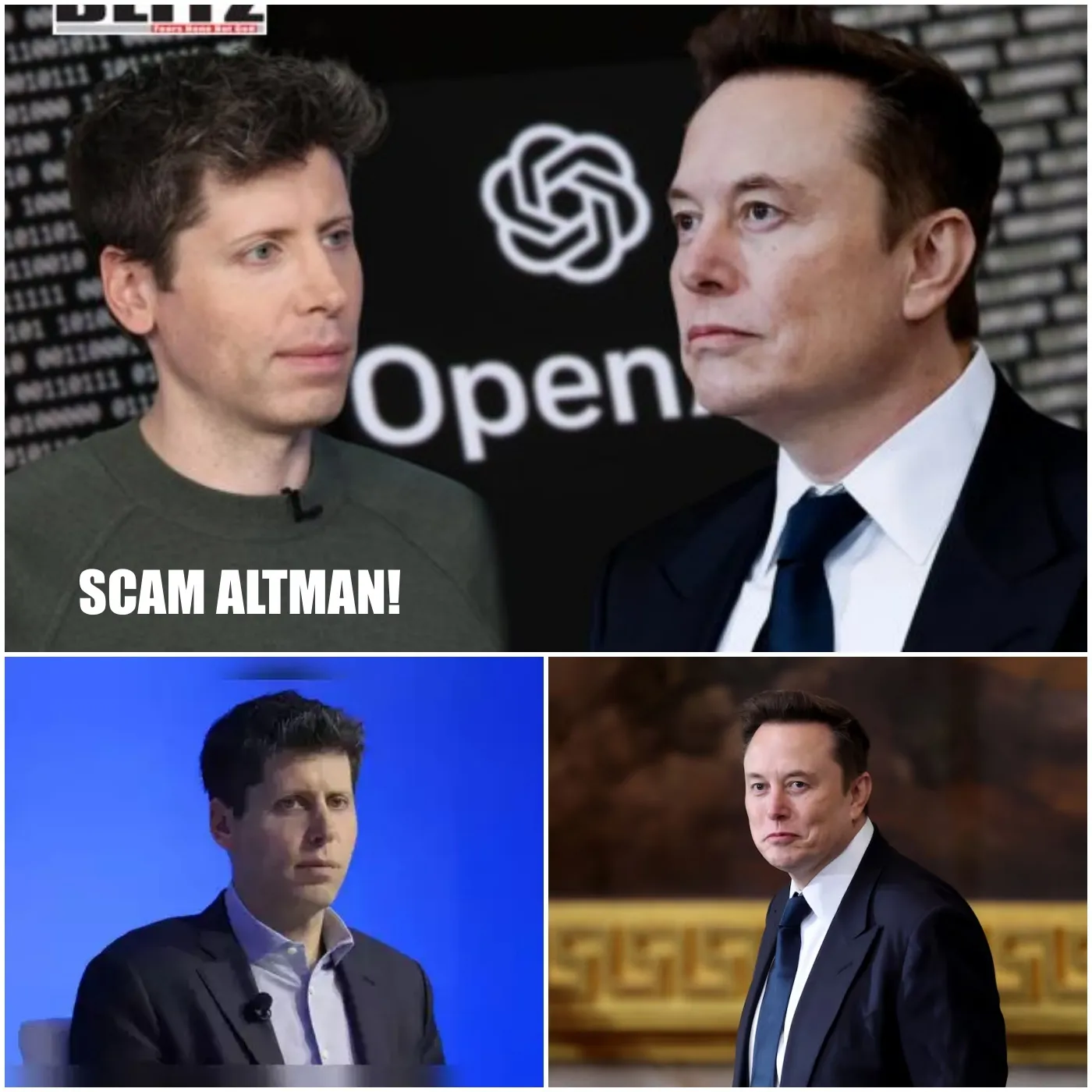
Elon Musk Calls OpenAI CEO ‘Scam Altman’ Amid Rising Tensions
OpenAI, a venture initially established as a nonprofit organization dedicated to advancing artificial intelligence (AI) safely and ethically. However, their visions for the company diverged sharply over the years. Musk departed from OpenAI’s board in 2018, citing conflicts of interest with Tesla’s AI developments. Since then, OpenAI has transitioned into a for-profit model under Altman’s leadership, a move that Musk has frequently criticized.
Musk’s latest offer to acquire OpenAI’s nonprofit assets appears to be an attempt to regain influence over the AI powerhouse. However, Altman’s swift rejection underscores his determination to maintain OpenAI’s current trajectory, which has seen significant commercial success with products like ChatGPT. Musk has often expressed concerns that OpenAI’s shift towards profit-driven goals compromises its original mission of ensuring AI benefits humanity as a whole.
The public exchange of barbs signals not only a personal rift but also a deeper ideological clash over the future of AI development. As the two tech titans continue to trade blows, the industry watches closely, knowing that their rivalry could shape the direction of AI innovation and governance for years to come.
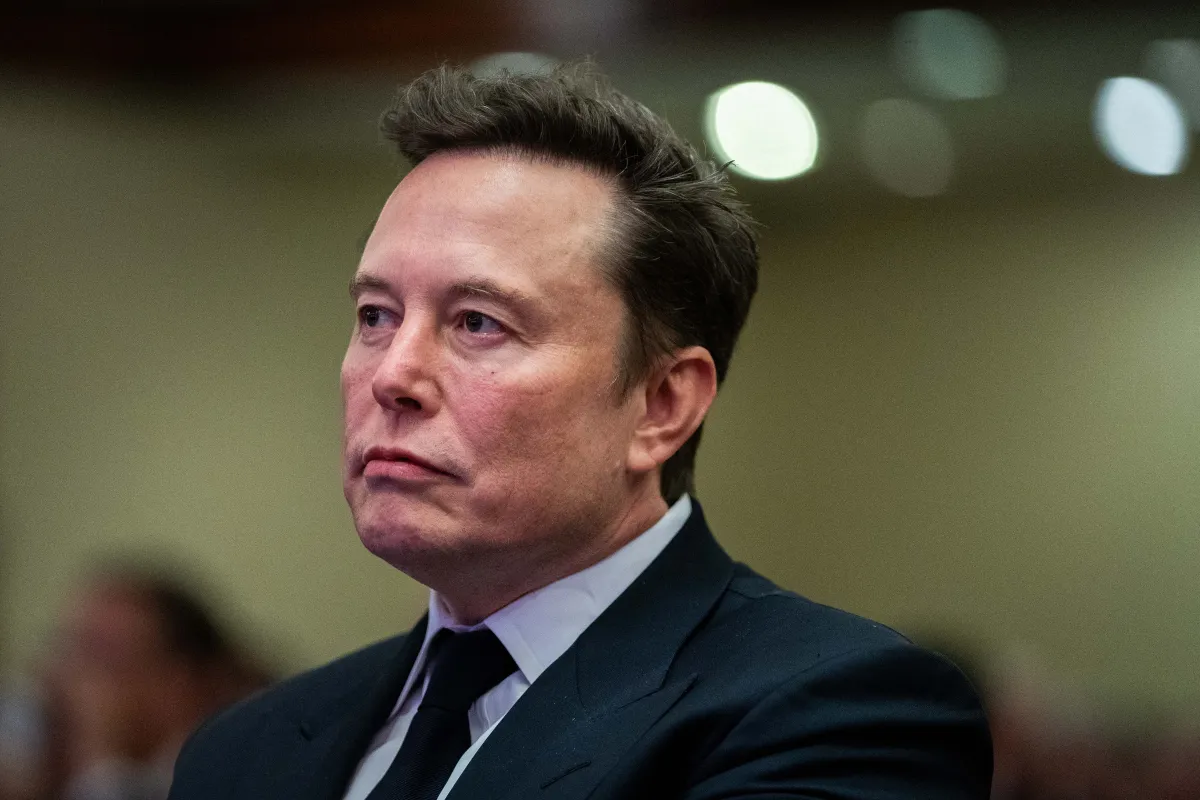
Musk’s $97.4 Billion Offer for OpenAI’s Nonprofit Arm
According to The Wall Street Journal (WSJ), Elon Musk’s attorney, Marc Toberoff, confirmed that the billionaire formally submitted a bid to OpenAI’s board on February 10, 2025. The bold offer aimed to acquire all of the nonprofit’s assets, which Musk believes should realign with OpenAI’s original mission—developing open-source artificial intelligence with a primary focus on safety and transparency.
Musk has been a vocal critic of OpenAI’s evolution from its original nonprofit status to a “capped-profit” model under Sam Altman’s leadership. He has repeatedly argued that this shift undermines the organization’s founding principles and places profit over public good. By making this $97.4 billion offer, Musk intended to steer OpenAI back to what he perceives as its true purpose—democratizing AI technology for the benefit of all humanity.
However, Sam Altman wasted no time in rejecting Musk’s proposal. In a swift and sharp response on X (formerly Twitter), Altman quipped, “No thanks, but we’ll buy Twitter for $9.74 billion if you want.” The witty retort not only dismissed Musk’s bid but also threw shade at Musk’s management of Twitter, which he acquired for $44 billion in 2022 and subsequently rebranded as X.
True to form, Musk responded with a single, cutting word: “Scamman.” He then doubled down on the insult when the X account Autism Capital posted a screenshot of Altman’s response, adding another jab by commenting, “Scam Altman.”
The online exchange quickly captured public attention, with Autism Capital humorously noting, “Elon calling him Scam Altman? He’s really good at naming names.” Social media users were quick to share memes and reactions, with many noting the irony of the situation—two of the tech world’s most influential figures resorting to playground-style name-calling.
The exchange between Musk and Altman is more than just a clash of egos. It underscores the growing tension between Musk’s vision of open and accessible AI and Altman’s approach to scaling OpenAI as a leading commercial player in the AI industry. While Musk has pushed for transparency and open-source AI development, Altman has focused on securing partnerships and commercial opportunities, such as OpenAI’s lucrative deal with Microsoft, which integrated ChatGPT into Microsoft’s products.
The public spat also highlights a broader debate within the tech community. As AI technology advances rapidly, industry leaders are divided over how to balance innovation, profit, and ethical considerations. Musk has often warned of the dangers of AI, advocating for stringent regulation and responsible development practices. Meanwhile, Altman argues that commercial success is necessary to fund research and drive progress, ensuring that OpenAI remains competitive against global rivals.
This latest incident adds a new chapter to the rocky history between the two tech moguls. Musk was an early supporter of OpenAI, co-founding the organization in 2015 as a nonprofit venture alongside Altman and other industry experts. However, Musk left OpenAI’s board in 2018, citing potential conflicts of interest with Tesla’s own AI initiatives. Since then, their paths have diverged, with Musk increasingly critical of OpenAI’s direction under Altman.
While the online banter might seem like a sideshow, it could signal deeper shifts in the AI landscape. If Musk is serious about acquiring OpenAI’s assets, this could lead to a battle for control over one of the most influential AI companies in the world. At the same time, Altman’s cheeky offer to buy Twitter serves as a reminder of Musk’s challenges with the social media platform, including financial struggles, user backlash, and ongoing controversies.
As the dust settles, the industry will be watching closely to see whether this feud leads to substantive changes at OpenAI, Twitter, or even Musk’s broader AI ambitions. For now, the clash of tech titans provides not only entertainment but also insight into the competing visions shaping the future of artificial intelligence.
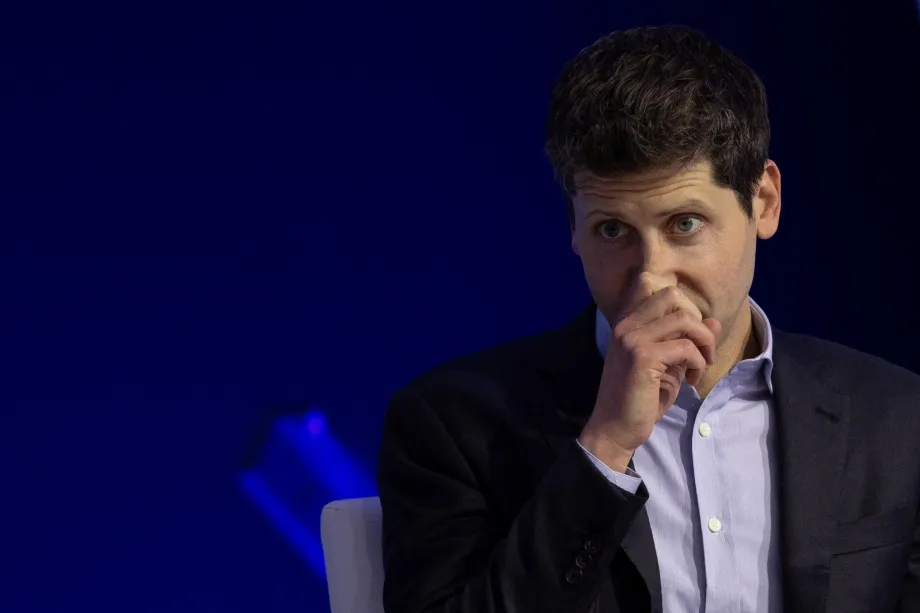
A Long-Standing Rivalry Reaches a Boiling Point
The Musk-Altman feud has been brewing for years, with public confrontations on X becoming increasingly frequent. While both men played key roles in founding OpenAI in 2015, their visions for the company’s future diverged sharply.
Musk’s Departure from OpenAI
Musk left OpenAI in 2019, citing concerns about the company’s direction and leadership. Since then, he has criticized Altman multiple times, particularly over OpenAI’s decision to transition from a nonprofit organization to a for-profit model.
In early 2024, Musk filed a lawsuit against OpenAI, alleging that Altman and the company had abandoned their original commitment to open-source AI development. The lawsuit claims that Altman misled Musk into co-founding OpenAI with a nonprofit mission, only to later shift towards a profit-driven approach.
The $500 Billion Stargate Project Dispute
One of their most recent clashes involved the $500 billion Stargate project, an ambitious AI initiative. Musk and Altman disagreed on the project’s objectives, leading to public arguments on X. The Stargate project controversy only deepened their rift, with Musk questioning OpenAI’s commitment to transparency and ethical AI development.
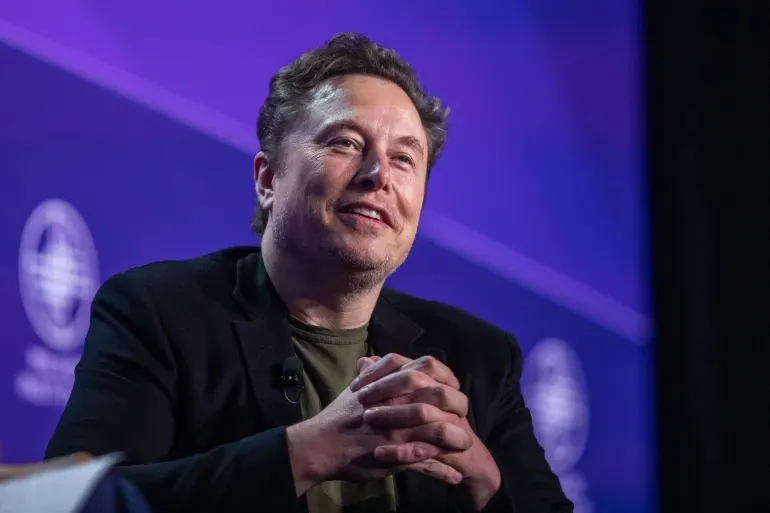
Musk’s Push to Restore OpenAI’s Original Mission
Musk’s $97.4 billion bid is seen as a bold attempt to reclaim control over OpenAI’s nonprofit arm and steer it back toward its founding principles.
In a statement provided to WSJ by his lawyer, Musk emphasized: “It is time for OpenAI to return to open-source AI, with a focus on safety as before. We will make sure that happens.”
Musk’s Commitment to Open-Source AI
Musk has consistently advocated for open-source AI, arguing that artificial intelligence should be transparent, accountable, and accessible to prevent monopolization by a few powerful entities. His AI-focused company, xAI, was founded in 2023 as a direct response to what he views as OpenAI’s deviation from its original mission.
With the growing influence of ChatGPT and other AI-powered tools, Musk has warned about the risks of AI development being controlled by a single, closed-source entity. His latest actions suggest that he is determined to challenge OpenAI’s current direction, whether through legal action, direct acquisition, or public pressure.
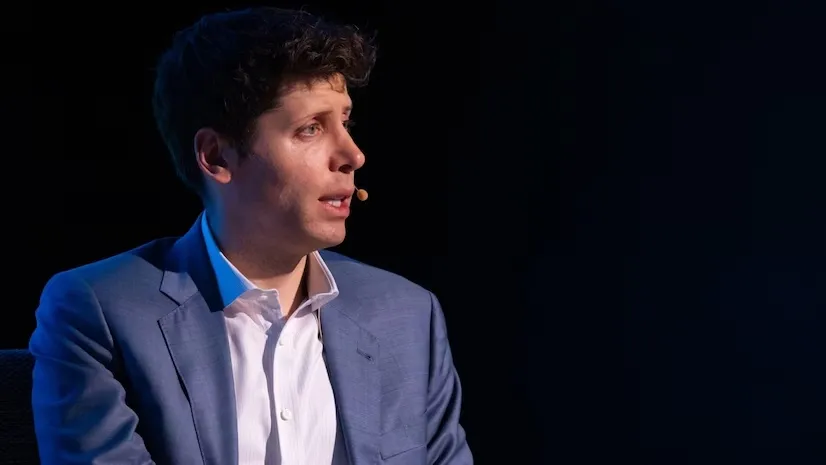
What’s Next for Musk, Altman, and OpenAI?
The ongoing Musk-Altman conflict has major implications for the future of AI:
1. Will OpenAI remain closed-source?
– If OpenAI continues its for-profit trajectory, Musk may increase legal and financial pressure on the company.
2. Will Musk pursue alternative AI ventures?
– His company, xAI, is already working on competing technologies, including the Grok chatbot integrated into X.
3. Will OpenAI respond to Musk’s criticisms?
– Altman and OpenAI have yet to make an official statement regarding Musk’s offer, but further exchanges on X seem inevitable.
One thing is clear—the rivalry between Elon Musk and Sam Altman is far from over. As both leaders push forward with competing visions for AI, the industry remains at the center of a high-stakes power struggle that could define the future of artificial intelligence.








